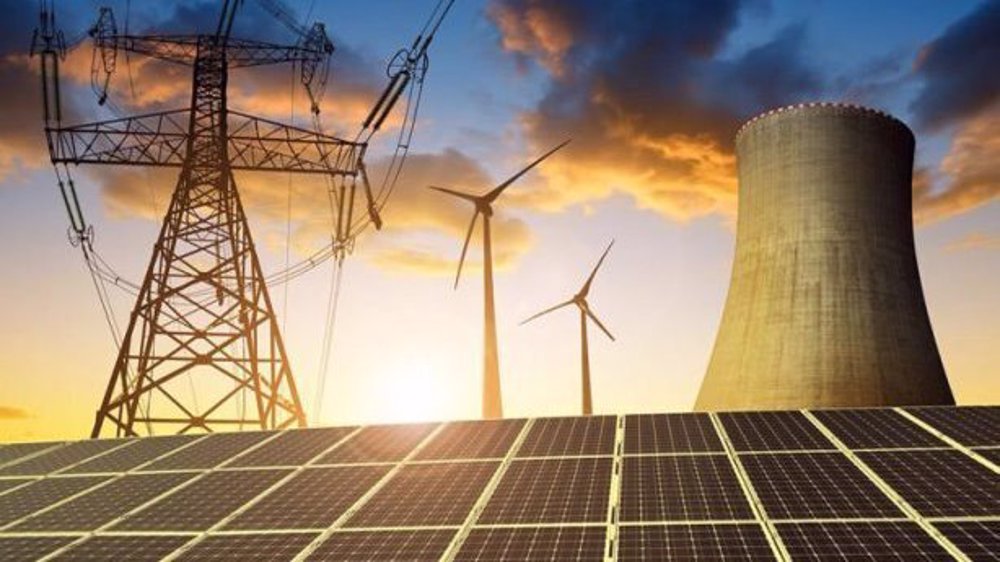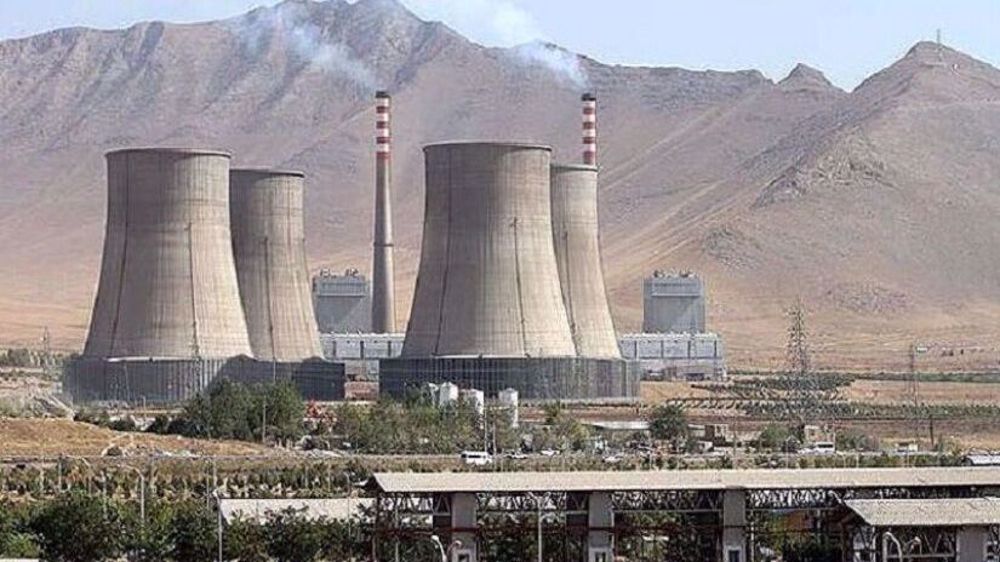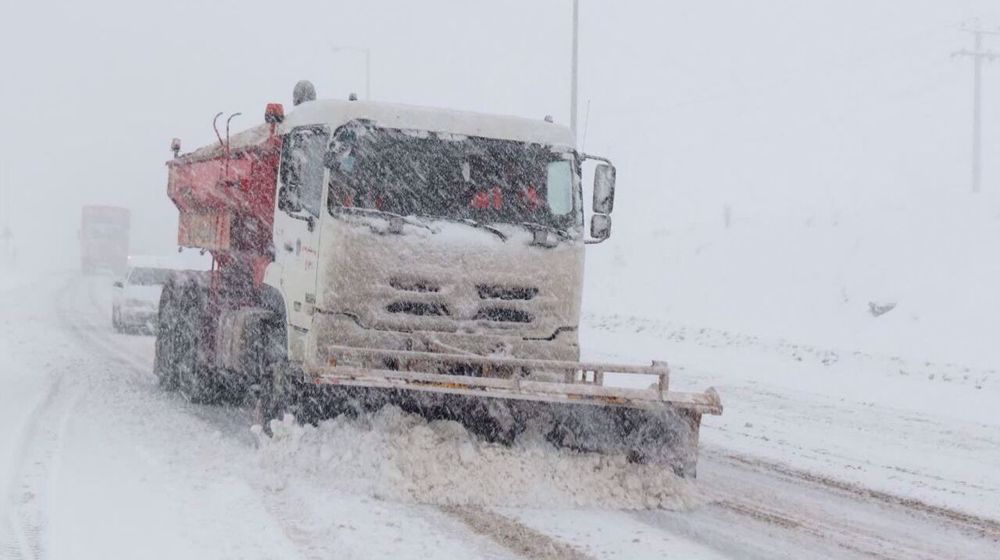Iranian government imposes ban on gasoline, diesel transit until March
The Iranian government has imposed a full ban on any transit of gasoline, diesel fuel and similar hydrocarbons until late March 2021.
A decree issued by the Iranian Cabinet on Thursday said that any transit of those crude products through Iran’s territory to the neighboring countries would be banned until the end of the current calendar year.
The ban would cover all road shipments as well as consignments waiting in the Iranian ports and customs offices.
The government decree said all hydrocarbons whose trade are subject to Iran’s section 271012 tariff would be covered by the transit ban.
The ban is based on article 125 of Iran’s 2011 Customs Affairs Law and has come in a response to a proposal by the Oil Ministry.
Enforcing the new ban comes as Iran is ramping up its own exports of gasoline and other fuels amid a sharp decline in domestic consumption which has come as a result of the new coronavirus pandemic.
Recent government data suggests that demand for gasoline inside Iran has dropped to around 55 million liters per day. That is nearly a 30-percent decrease compared to November after Iran implemented fuel price hikes and around half of the consumption recorded same time in previous years.
Total production of gasoline in Iran has reached above 100 million liters per day mainly due to setting up a large refinery south of the country and development projects implemented in other refineries.
The growth in production and exports of gasoline from Iran comes despite repeated attempts by the United States government to hamper the fuel supply in the country to cause public unrest
Reports in recent days showed that five large tankers loaded with gasoline in southern Iran were heading to Venezuela, a country also slapped with US sanctions which is seeking Iran’s assistance to rebuild its energy sector.
Iran: US airstrikes on Yemen war crimes, violation of international law
Yemeni armed forces down F-18 fighter jet, repel US-UK attack: Spokesman
Iran warns against US-Israeli plot to weaken Muslims, dominate region
VIDEO | Public uproar in US against Israeli regime
‘Ghost town’: 70% of Jabalia buildings destroyed by Israel
Mother’s Day: Sareh Javanmardi’s inspiring journey as Paralympic champion and mother
Russia downs over 40 Ukrainian drones as Putin vows 'destruction' on Kiev
VIDEO | Yemen: A bone in Israeli neck











 This makes it easy to access the Press TV website
This makes it easy to access the Press TV website